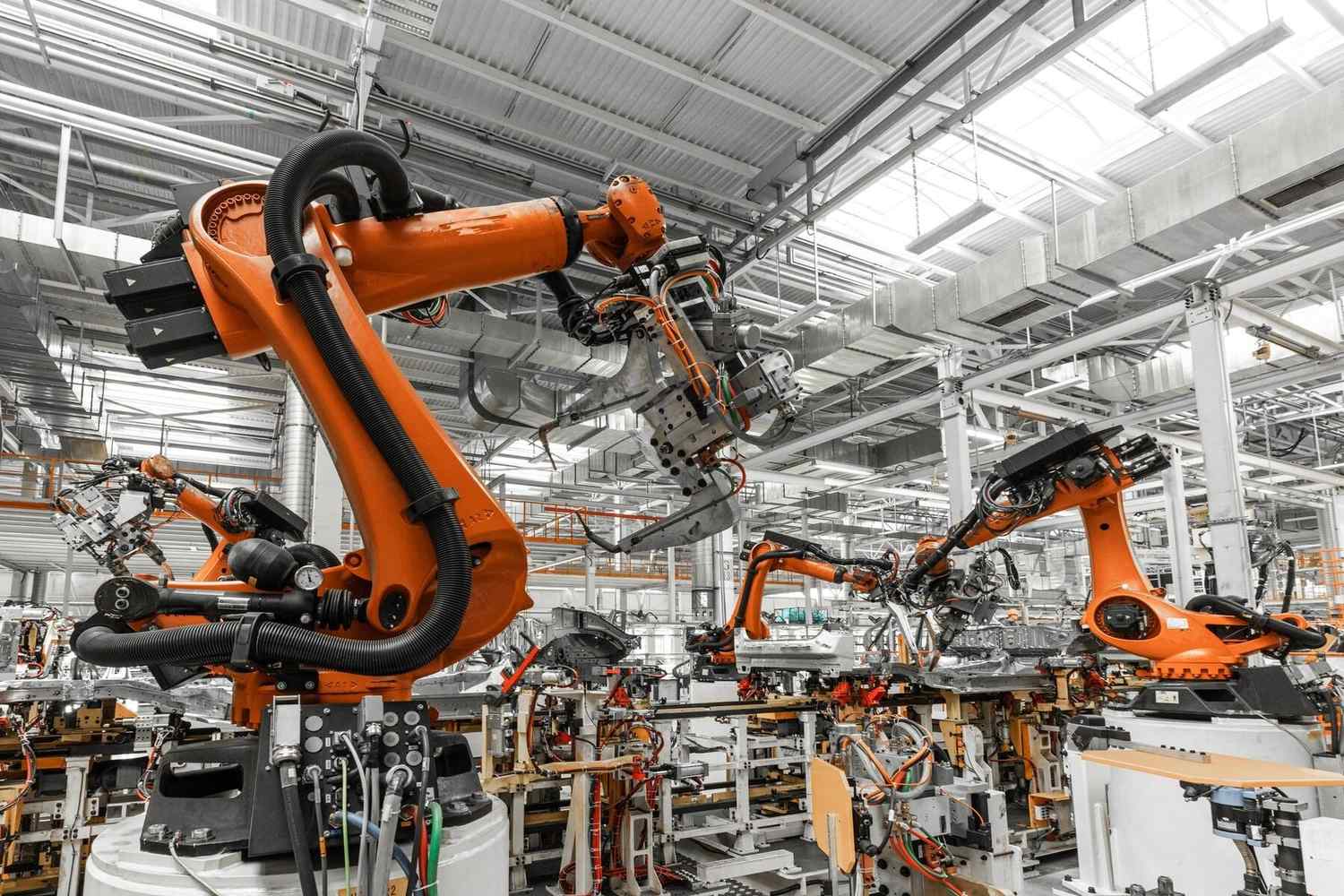
How Automation is Changing the Roles of Humans in Manufacturing?
A significant transformation is taking place in manufacturing due to advances in automation and robotics. While these technologies promise increased efficiency and productivity, they also raise questions about the future roles of humans in manufacturing factories.
As we prepare for this shift, it’s crucial to understand the implications of automation and how humans can adapt to thrive in the changing manufacturing environment.
In this article, we’ll explore the challenges and opportunities of automation in manufacturing and discuss strategies for navigating this transition.
The Rise of Automation:
Automation has long been a cornerstone of manufacturing, streamlining production processes and reducing labor costs. However, recent advancements in robotics, artificial intelligence, and machine learning have ushered in a new era of automation, characterized by greater flexibility, precision, and autonomy.
From robotic arms assembling products on factory floors to AI-powered systems optimizing supply chain logistics, automation is reshaping every aspect of manufacturing.
Impact on Human Roles:
As automation becomes more prevalent, the roles of humans in manufacturing factories are evolving. While some traditional tasks may be automated, such as repetitive assembly line work, new opportunities are emerging for humans to leverage their creativity, problem-solving skills, and emotional intelligence.
Roles that require complex decision-making, critical thinking, and collaboration are becoming increasingly important in the automated manufacturing landscape.
Upskilling and Reskilling:
To thrive in this changing environment, workers must adapt and acquire new skills that complement automation technologies. Upskilling and reskilling initiatives are essential for empowering workers to transition into roles that require human-centric skills, such as programming, maintenance, quality control, and data analysis.
Providing access to training programs, vocational education, and lifelong learning opportunities is crucial for preparing the workforce for the jobs of the future.
Human-Robot Collaboration:
Rather than replacing humans, automation technologies are augmenting human capabilities in manufacturing factories. Collaborative robots, or cobots, are designed to work alongside humans, assisting with tasks that require precision and strength while leaving decision-making and problem-solving to humans.
This human-robot collaboration enhances productivity, efficiency, and safety in manufacturing environments, leveraging the strengths of both humans and machines.
Safety and Ergonomics:
Automation also presents opportunities to improve workplace safety and ergonomics in manufacturing factories. By automating hazardous or physically demanding tasks, such as heavy lifting or repetitive motions, companies can reduce the risk of workplace injuries and occupational health issues. Additionally, automation technologies can be designed with ergonomic considerations to enhance worker comfort and well-being.
The Role of Human-Centric Design:
In the age of automation, human-centric design principles are more important than ever. Designing automation systems with a focus on user experience, usability, and ergonomics ensures that humans can interact with technology seamlessly and effectively. This approach fosters acceptance and adoption of automation technologies among workers, driving greater collaboration and productivity in manufacturing factories.
Conclusion:
As automation continues to reshape the manufacturing landscape, it’s essential for businesses and workers to adapt to this paradigm shift. By embracing automation technologies, upskilling and reskilling the workforce, fostering human-robot collaboration, prioritizing safety and ergonomics, and embracing human-centric design principles, manufacturing factories can thrive in the age of automation while empowering workers to succeed in their evolving roles.
Ready to navigate the changing landscape of manufacturing with expert guidance? Contact VMS Consultants today for tailored Engineering Architecture & Project Management Services designed to help your business thrive in the age of automation. Let’s shape the future of manufacturing together.
As the top engineering consultant in Ahmedabad, VMS Consultants is your trusted partner in navigating the changing landscape of manufacturing and helping your business thrive in the age of automation.




